AN ANSWER TO GLOBAL CRISIS
COLLABORATION AND SOLIDARITY
COLLABORATION AND SOLIDARITY
Programs
Vaccine Inequality and Democracy
- Date
- May, 19th 202216:00-18:00
- Venue
- Room 214
- Language
- Korean-English Simultaneous Interpretation
- Session Introduction
- The global pandemic of the last three years has left many wounds. One of the most severe aftereffects is the inequality in having access to vaccines for the COVID-19. Numerous people with mild symptoms have passed away in developing countries with vulnerable health and sanitation systems. In addition, the citizens of poor countries with precarious healthcare systems have suffered from demanding access to health services. Inequality during the pandemic has been ongoing. Peace and coexistence on the global level have lost meaning and become useless with the unprecedented pandemic and the selfish approach of the pharmaceutical companies based on nationalism in the powerful nations. This session aims to create a space to discuss the relationship between COVID-19 and democracy. Furthermore, in this session, we discuss to whom we need to require to hold accountability for aggravating poverty and disease over the past three years, the effects of the pandemic on democracy, and potential solutions in a civil society.
- Host
- May 18 Memorial Foundation
- Speech Title
- Moderator : Mr. Joo-Ho Lee (Policy Research Director of the Korean Health and Medical Workers’ Union)
- Ending vaccines apartheid and a multinational pharmaceutical firm's profiteering ( Ms. Dorothy Grace Guerrero, Head of Policy, Global Justice Now)
- The International Development Cooperation Activities and Roles of Korean Government and NGOs for Developing Countries’ COVID-19 Pandemic Management (Mr. Dae-Shik Jo, Secretary-General of Korea NGO Council for Overseas Development Cooperation)
- South Korea’s COVID-19 Crisis Management: Prevention, Social Policy, and Public Health (Mr. Seoc-Kyun Woo, Co-Chairperson of Korean Federation of Medical Groups for Health Rights)
- Poster
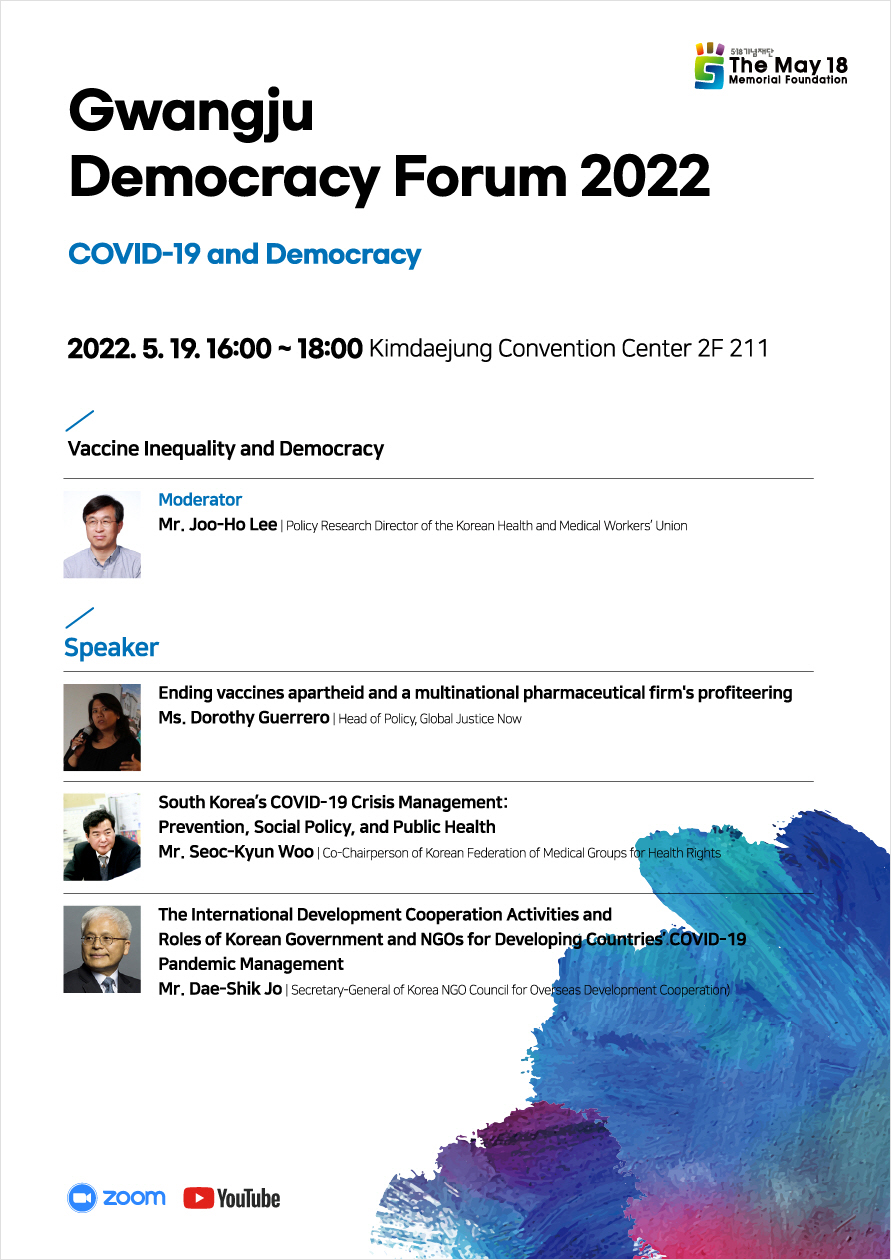
Speakers
-
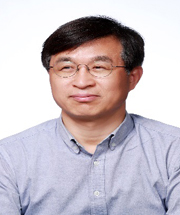 Mr. Joo-Ho LeePolicy Research Director of the Korean Health and Medical Workers’ Union
Mr. Joo-Ho LeePolicy Research Director of the Korean Health and Medical Workers’ Union -
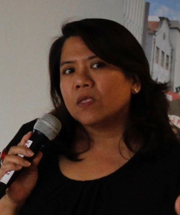 Ms. Dorothy Grace GuerreroHead of Policy, Global Justice Now
Ms. Dorothy Grace GuerreroHead of Policy, Global Justice Now -
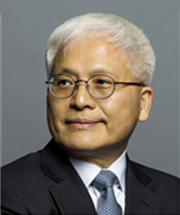 Mr. Dae-Shik JoSecretary-General of Korea NGO Council for Overseas Development Cooperation
Mr. Dae-Shik JoSecretary-General of Korea NGO Council for Overseas Development Cooperation -
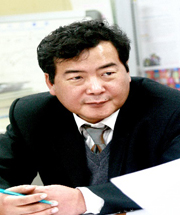 Mr. Seoc-Kyun WooCo-Chairperson of Korean Federation of Medical Groups for Health Rights
Mr. Seoc-Kyun WooCo-Chairperson of Korean Federation of Medical Groups for Health Rights


